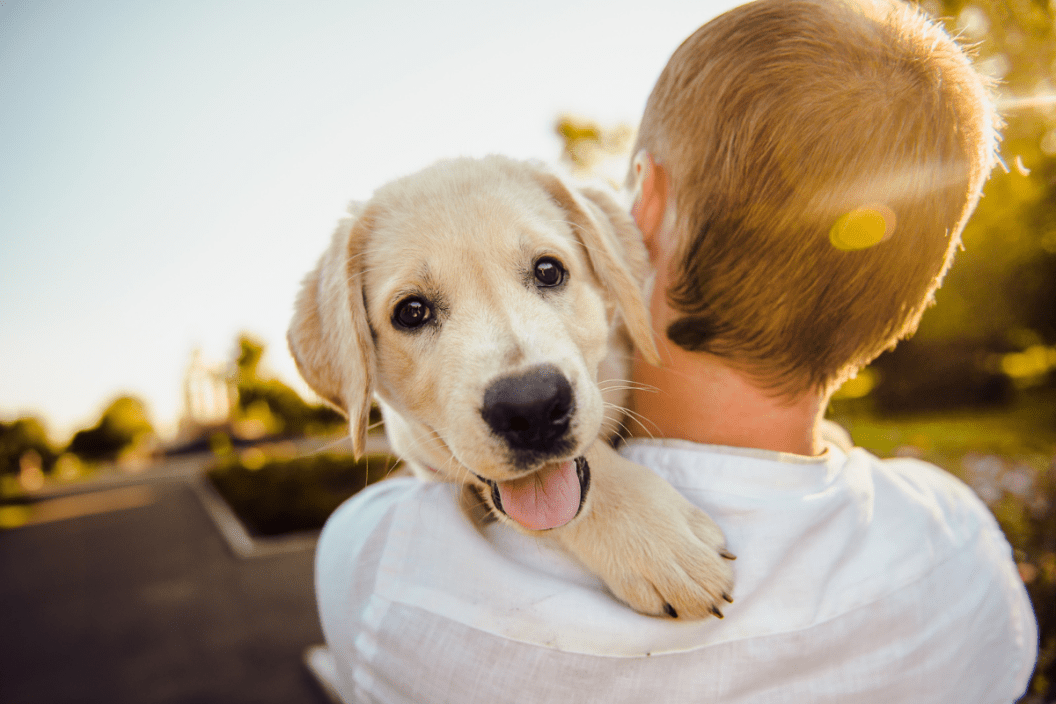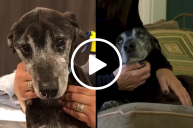Puppies are small, fluffy, and so stinking cute. But are you ready to adopt one?
Even though puppies are the cutest things on the planet, they are a huge responsibility. Puppies need potty training, leash training, crate training, and obedience training. Not to mention, the little rascals can get themselves into a lot of trouble, especially when they are teething. (Hide your shoes!) For most pooches, the hard stuff is over within a year or so, and you are left with a new best friend. But how do you know if you are ready to adopt a puppy?
Being Financially Prepared

Pet care can be very expensive, and adult dogs can live up to 14 years, depending on the dog breed. Before you go to the animal shelter to ooh and aww over all the adoptable dogs, you need to make sure you are financially able to handle everything a puppy needs from adoption fees, vaccinations, heartworm medications, microchip, pet food, toys, and spay/neuter surgery. Of course, you need to make sure you can handle the cost of medical care if your puppy gets injured or sick, though a good pet insurance policy can also be helpful. If the answer is yes, then you can head over to your local humane society or rescue group and take a look at the adoptable pets and begin the adoption process.
Finding That Perfect Breed

RELATED: 10 Loyal Dog Breeds Who Will Always Have Your Back
Dog breed plays a big part in the decision-making process. First, you want a dog that fits your home and lifestyle. While you may think that Border Collies are adorable, their energy level may not work for your work schedule and tiny apartment. Dogs like German Shepherds need a job and plenty of attention. Shelters are full of Pit Bull's ready for pet adoption, but you need to check your rental agreement or homeowners policy. Since the breed is on the aggressive dog list, they are not allowed in many apartment complexes and rentals. Likewise, many homeowners insurance companies will not cover you if you have the breed.
Spending lots of time researching will be key for giving the right dog their forever home. Adoption counselors at your local shelter can also be a great resource. They can help you determine if a chihuahua, retriever, Labrador, poodle, or another breed will be a good fit for your home, schedule, and lifestyle.
Prepping Your Home

Before you bring a new dog into your home, you need to ensure that you can provide for all of your new pet's needs. New puppies tend to need a lot, especially if this is your first dog or it's been a while since your last dog, and you do not have any pet supplies.
Puppies can be nervous when they arrive at a new home, so it is best to have the following supplies in place so you do not have to scramble to get them after your dog adoption. A couple of days before you pick your pup up from the adoption center, make sure you have a kennel, kibble, water and food bowls, and some toys ready for your new best friend. You also want to have a small collar ready for your new family member. After you get your new puppy all its supplies, you can move on to puppy-proofing your home to ensure that everything is safe.
After Your Puppy Comes Home

After you finish your adoption application, you will get to bring your new little friend home. If you have an adult dog at home, you will need to introduce your pup slowly. The same goes for other pets in your home, like cats and other small animals. Keep meetings slow, short, and supervised. Like with pets, slowly introduce your puppy to new people. While puppies are full of energy, meeting new people can be draining for them.
However, it is important to properly socialize your new dog to desensitize them by exposing them to new people, animals, sounds, and places. Keep all interactions positive and watch for signs that your pup is overwhelmed or tired.
Training will also begin as soon as they come home. For example, show your puppy where they will go to the bathroom and establish a routine. Also, if you plan on crate training your puppy, start on their first day and stay consistent. Basic training can also begin as soon as your pup adjusts to your home. Teach them commands like sit, stay, and come. Set boundaries for where your puppy is and is not allowed in the house. Puppies generally will need a check-up and a round of shots, so make an appointment with the vet to keep them healthy and up to date.
How did you know you were ready to adopt a puppy? Tell us on our Wide Open Pets Facebook page.




